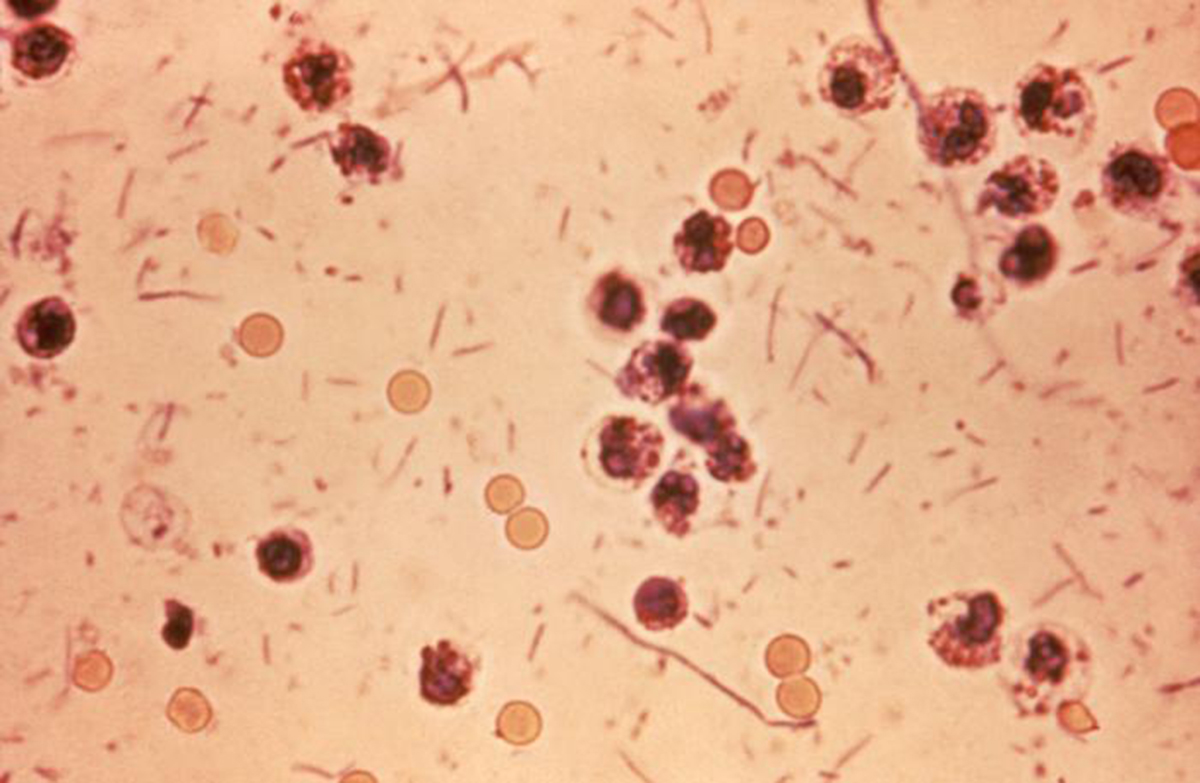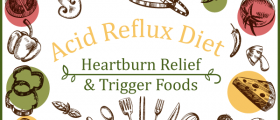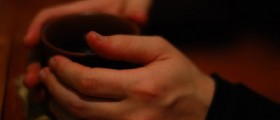
Stomach cramps happen to almost everyone at certain points in life. They are involuntary muscle spasms in the abdomen and they occur for many different reasons. Cramp is a word that describes any muscle spasm, anywhere in the body, for example in the calves. Stomach cramps affect internal organs. They can be very intense and their duration can range from very short to almost chronic.
The main causes of stomach cramps are either the menstrual cycle or the ingestion of foods that are difficult to digest. Women often suffer from cramps during their period, because the uterus is contracting. The other type of stomach cramps occurs due to indigestion, food poisoning or viral infections.
Stomach cramps from food
Some people simply cannot digest well certain foods and if they eat them, they are bound to experience certain symptoms, which can range from mild discomfort, bloating, belching, flatulence to diarrhea and stomach cramps. Also if the food that is ingested is not sanitary, it may cause food poisoning which lists cramps as one of the most prominent symptoms.
If the cramps are caused by food, the best way to get rid of them is to stop eating until they pass and to avoid eating those foods in the future. Cramps that occur due to indigestion can be relieved by drinking one glass of water with one teaspoon of sodium bicarbonate diluted in it or to simply drink a glass of carbonated mineral water. Antacids, medications prescribed for acid reflux, can also help.
Certain herbal teas, like mint and chamomile, can be helpful. It also helps to get plenty of rest and to keep warm.
Menstrual cramps
Menstrual cramps occur a day or two before the onset of the menstrual flow, and they usually last several days. Some women have them every day of the flow and some only suffer from them the first day. In any case, menstrual cramps are very painful.
Mild or moderate menstrual cramps can be relieved by lying down on the side, with knees bent towards the chest, and applying a hot water bottle on the lower abdomen. However, severe cramps, which are often debilitating, should be treated with non-steroidal anti-inflammatory drugs or analgesics. Drinking warm tea, keeping warm and gently stretching the pelvic area relaxes the muscles and reduces the cramps.
Menstrual cramps can be relieved by leading a moderately active lifestyle, which should include activities like hiking, jogging, swimming or cycling, and by eating a well-balanced diet. Many women have found that multivitamin and mineral supplements reduce the severity of their cramps.

















Your thoughts on this
Loading...